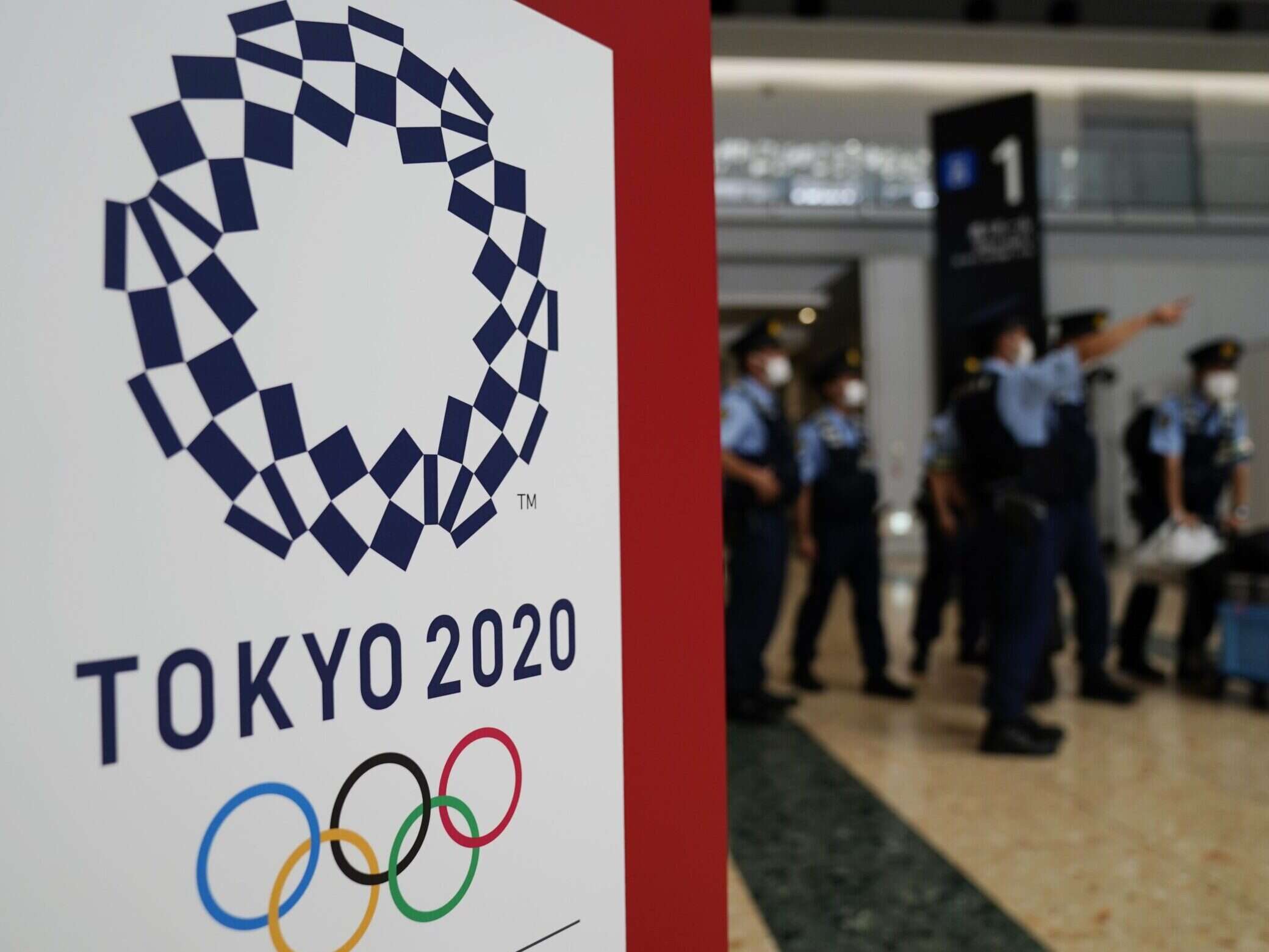
Foreign journalists will have to deal with “sinister threats” to privacy and strict anti-Covid regulations from Japanese authorities as they cover the Tokyo Olympics.
The Sun is halving the number of reporters it is sending to Japan due to the restrictions in place, while the International Press Association (AIPS) and US media have argued the measures speak “directly and chiefly to press freedoms”.
The Tokyo Olympics will go ahead from this week despite a state of “quasi-emergency” in Tokyo as Covid cases rise. Until further notice, the event will be held without spectators. Athletes, staff, and press members alike have to adhere to strict rules outlined by the International Olympic Committee (IOC).
The IOC’s “playbooks”, its guides to Covid-related rules, include restrictions on journalist movements and detailed explanations of the administrative procedures before and after arrival, to avoid the spread of the virus.
According to the press playbook, journalists are banned from public transport for their first 14 days in Japan. They should also provide a travel itinerary prior to coming to Japan, are banned from most shops, restaurants, bars and tourist spots, and should download a location-tracking app, that’s to be kept on at all times. Accommodation is limited to IOC-approved hotels.
Journalists should not interview anyone outside of the Olympic village, and are encouraged to “support athletes by clapping instead of singing or chanting”.
The Sun last week decided to cut the size of its team being sent to Japan as IOC-approved hotels are not serving meals to reporters during their quarantine period, a measure stipulated in the playbook.
The newspaper had planned to send the maximum number of journalists permitted under press capacity restrictions.
Shaun Custis, head of Sun Sports, told Press Gazette: “The rules and regulations are changing every other day. I’m not entirely confident going forward, and there have been sinister threats about the authorities watching our every move.
“The great thing about an Olympics is the colour it provides with packed stadiums and visitors from all over the World. This is going to be the most dismal games in history,” he added.
The “sinister threats”, also highlighted by the UK’s Sports Journalists’ Association, include one Tokyo 2020 media advisory which read: “The people of Japan will be paying close attention to your every move as you participate in the Games.
“In the unlikely event that you are suspected or found to be in violation of the rules of the Playbook, such activity may be photographed and shared on social media by bystanders.”
AIPS president Gianni Merlo, condemned the warning during a speech at the World Sports Journalists Day earlier this month: “In some ways, they are asking the population of Japan to spy on everyone. This is not acceptable.
“The people of Japan must not see us as an enemy bringing coronavirus. We are coming not to destroy, but to bring a message of hope”
He further described some of the measures as “the most crazy instructions we have had in our lives. In some ways, we are exactly a kind of prisoner at home.”
The US press association also questioned the legitimacy of the rules in a letter to the IOC. The letter, signed by ten media outlets including the New York Times and the Washington Post, said that “some of these measures we have described go beyond limiting the spread of the virus and speak directly and chiefly to press freedoms.”
The US group described the ban on foreign journalists interviewing spectators and conducting interviews as a “clear overreach”, as Japanese media are not affected by the restriction regardless of vaccination status.
One hotel has also been the subject of controversy because of its “foreigner-only” elevators, according to the Japan Times.
Meanwhile, journalists from leading Korean newspaper Chosun Ilbo had to reschedule their stay in Japan as they were informed less than a day before departure that they were denied entry for failing the anti-Covid background check, with no further explanation.
The rules were intended to help create what IOC president Thomas Bach called one of the “best-prepared” games in history.
According to Japanese public broadcaster NHK however, a total of 18 members of the Olympic staff (excluding athletes) were infected between 1 and 10 July, before the Olympic village had even opened. This prompted Japanese newspaper Asahi shimbun to report on the “failing Olympic corona bubble”, one that is “filled with holes” despite the regulations.
Holding the widest-scale event in the world, a $15bn investment with more than 3bn viewers worldwide, amidst a global pandemic has raised concerns, especially in a country where only 18% of the population is vaccinated. Many athletes have dropped out or expressed doubts on whether the Olympics should go ahead.
In Japan, a petition asking for the cancellation of the games, launched by lawyer Kenji Utsunomiya, gathered more than 450,000 signatures and was submitted to parliament eight days before the start of the event. A global Ipsos poll revealed “muted” interest in the Olympics, with 57% of participants against the games. Only 22% of respondents in Japan were in favour of them going ahead.
Picture: Reuters/Mandi Wright/USA Today
Email pged@pressgazette.co.uk to point out mistakes, provide story tips or send in a letter for publication on our "Letters Page" blog
